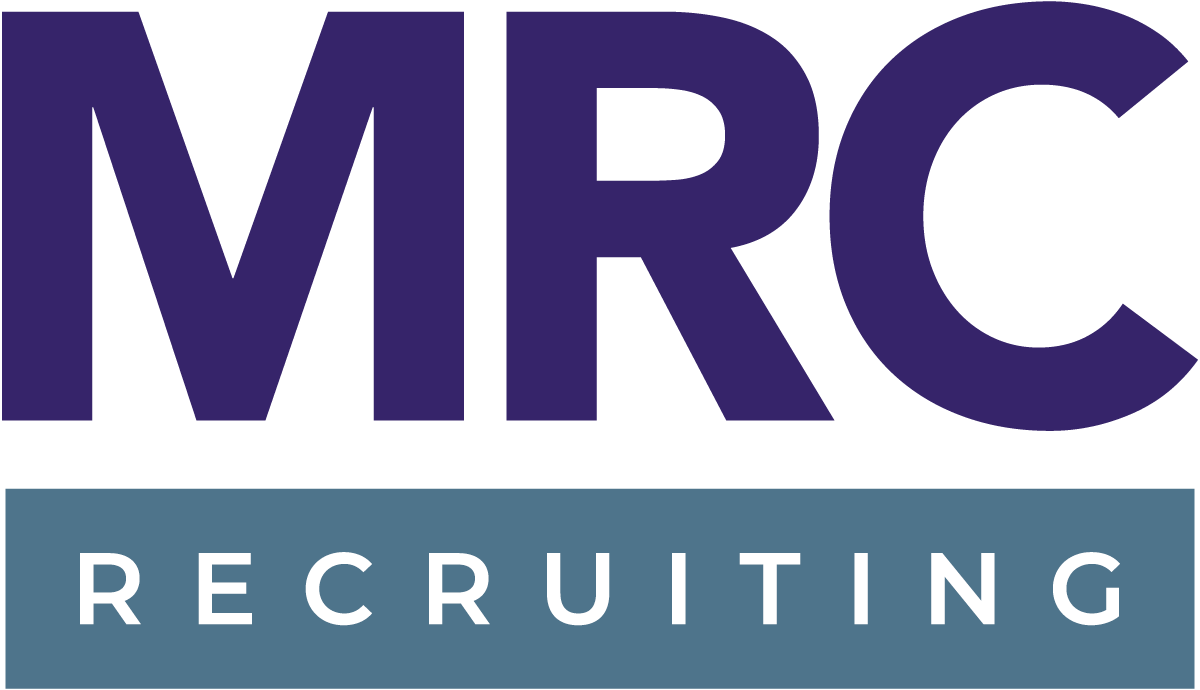What if I told you that the key to finding your dream job lies in answering just four simple questions?
We realize that helping others find a fulfilling career is a journey. It’s not simply about matching you with a job; it’s about understanding your aspirations, values and unique talents and guiding you toward a path that aligns with your definition of success.
One way I’ve fostered that fulfillment is through a framework that I call the “Big 4 Questions.”
These questions have not only become part of my professional toolkit; they’ve become a cornerstone of client conversations, providing insights that reshape careers and team dynamics.
I want to share with you why they matter and how they’ve helped so many individuals and organizations discover their true potential and create a roadmap for success.
The Big 4 Questions:
- What Excites You About Your Work?
- What Are Your Key Skills and Strengths?
- What Areas Do You Want to Grow In?
- What Are Your Career Goals?
Why These Questions Matter:
- What excites you about your work?
This question opens the door to understanding what drives people and makes them tick. It’s fantastic to see the transformation that happens when people connect with their passions. Conversations shift from mundane job talk to discussions about dreams and motivations. I’ve witnessed how rediscovering this spark can reignite a person’s passion for their current role or guide them toward a new one that aligns with their interests. - What are your skills and strengths?
It’s inspiring to watch people uncover and articulate their strengths. This question reveals how they can leverage these skills in meaningful ways, whether in their current job or on a new path. Helping people identify these strengths and see how they can fit into different roles gives them confidence and clarity in their career journey. - What areas do you want to grow in?
Growth is a lifelong journey; this question helps individuals pinpoint where to evolve. It guides them toward opportunities that stretch their skills and offers insights into how they can continue to develop. I’ve seen how this focus on growth benefits individuals and organizations, fostering a culture of learning and progress. - What are your career goals?
Clarifying career goals provides direction, helping to create a roadmap for progression. Seeing how these goals shape a person’s professional journey and outlook on life is rewarding. Knowing what they want and how to achieve it gives them a renewed sense of purpose.
What I’ve discovered is that these questions serve as a compass, guiding candidates to reconnect with their passions, celebrate their strengths, and identify opportunities for growth, thereby rejuvenating individuals and teams alike.
As a result, individuals forge a career journey that aligns with their aspirations, fueled by a profound sense of purpose.
The Power of the Big 4 Questions:
At the heart of my work is a genuine passion for connecting with people and learning what drives them.
These questions offer a framework for gaining clarity about your career aspirations. Every conversation I’ve had using these questions has been an opportunity to uncover the unique spark that makes someone light up.
They’ll help you develop a deeper understanding of your strengths and abilities, building the confidence needed to pursue roles that genuinely excite and inspire you.
The insights you gain will help you make informed decisions about your career path and communicate your unique value to potential employers.
The Impact on Teams and Organizations
However, it’s not just about individual gains; the Big 4 questions foster stronger teams and organizations.
I’ve seen how these conversations can reenergize teams, align tasks with interests and skills, and build job descriptions that reflect an organization’s strengths and needs. This holistic approach helps create environments where individuals and teams thrive together.
Employ these questions when crafting job descriptions and conducting interviews. From the company perspective, use them to define the role. Then, during interviews, let these questions guide you to engage candidates in more meaningful discussions.
For Teams and Managers:
For managers and hiring teams, incorporating the Big 4 questions into your team dynamics. Use them to understand your team’s passions, strengths, and goals and create development plans supporting their growth. Doing so can build engagement, improve job satisfaction, and create a culture of continuous improvement.
Transforming Careers and Organizations
The Big Four questions offer a comprehensive framework for both individuals and teams.
They guide people toward fulfilling roles, help managers build stronger teams and foster cultures that promote learning and growth.
At MRC Recruiting, we’ve seen first-hand how these questions can transform careers and organizations, and I’m excited to see how they continue to shape the professional journeys of those we work with.
Are you a job seeker looking for your next opportunity or an organization looking to hire your next team member? If you have time for a quick chat about your goals MRC can help connect with us.

